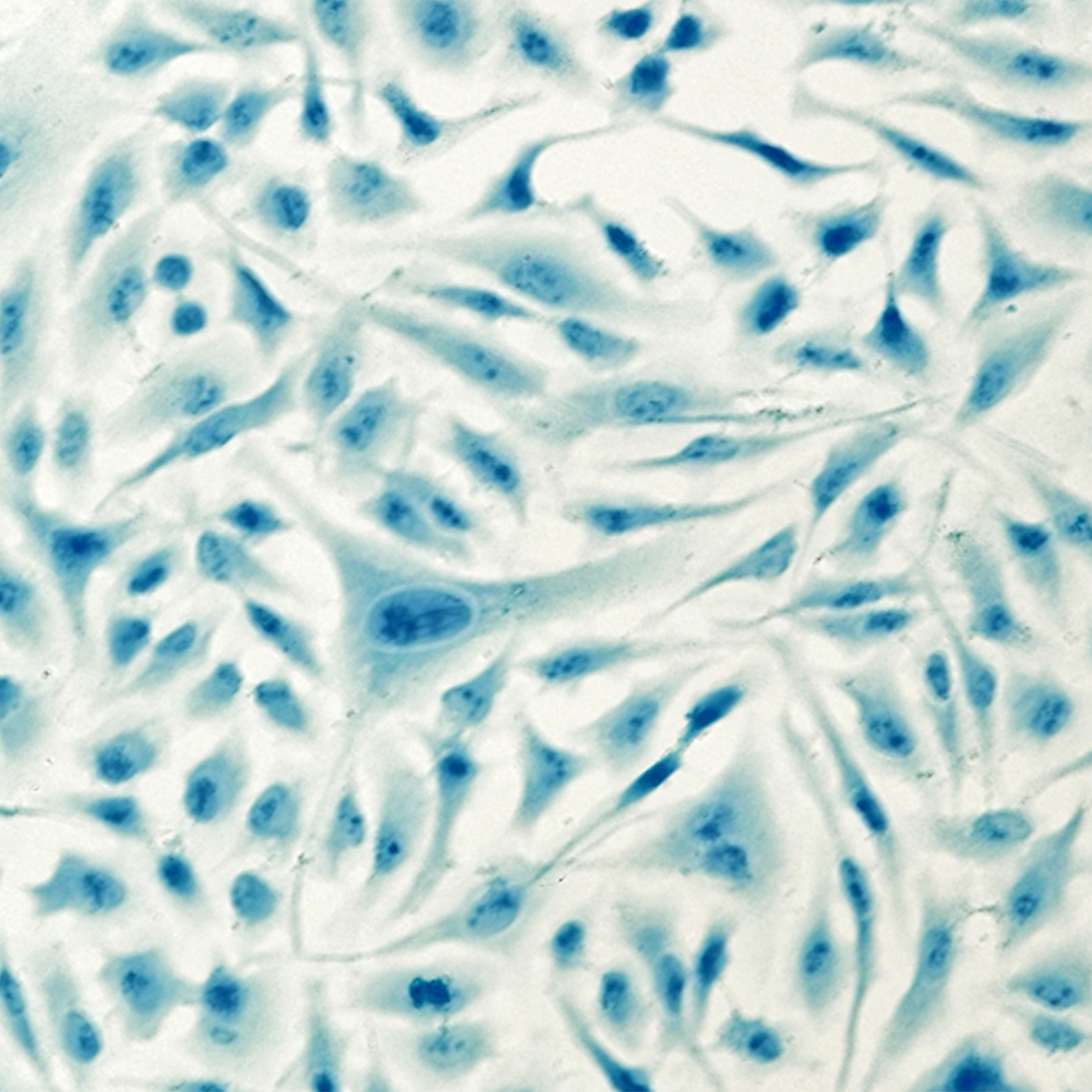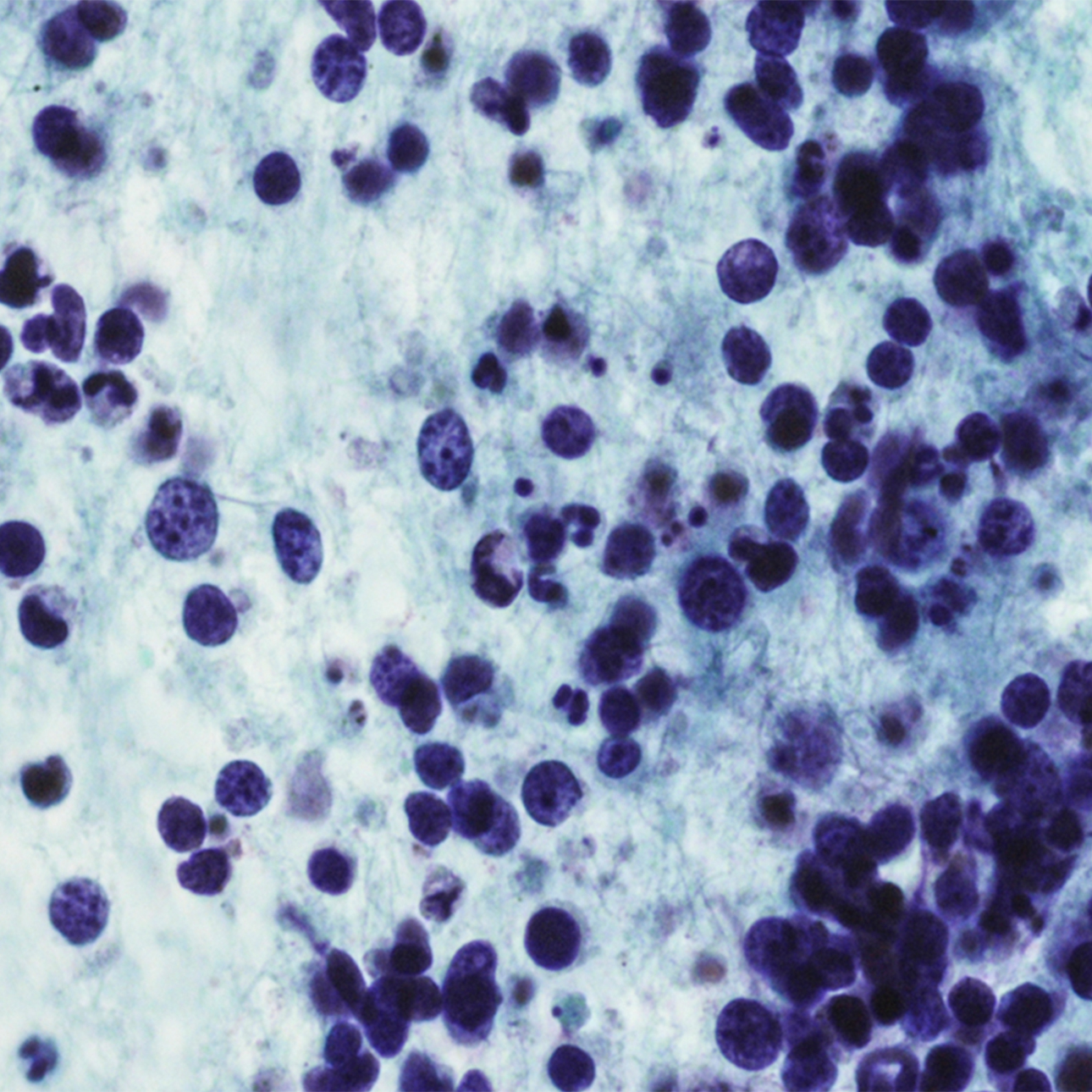
Oral Cancer
Treatments
The extent of treatment for oral cancer depends on a number of factors. Among them are the location, size, type and extent of the tumor and stage of the disease. Your doctor also considers your age and general health. Treatment may involve surgery, radiation therapy or a combination. You also may receive chemotherapy, or treatment with anticancer drugs.
For most patients, it is important to have a complete dental exam before cancer treatment begins. Because cancer treatment may make the mouth sensitive and more easily infected, doctors often advise to have dental work done before treatment begins.
Surgery
Surgery to remove the tumor in the mouth is the usual treatment for patients with oral cancer. If there is evidence that the cancer has spread or a concern that it has spread, the surgeon may also remove lymph nodes in the neck. If the disease has spread to muscles and other tissues in the neck, the operation may be more extensive.
Radiation Therapy
Radiation therapy, also called radiotherapy, is the use of high-energy rays to damage cancer cells and stop them from growing. Like surgery, radiation therapy is local therapy, affecting only the cells in the treated area. The energy may come from a large machine, or external radiation. Patients with large tumors may need both surgery and radiation therapy.
Chemotherapy
Chemotherapy is the use of drugs to kill cancer cells. Researchers are looking for effective drugs or drug combinations to treat oral cancer. They are also exploring ways to combine chemotherapy with other forms of cancer treatment to help destroy the tumor and prevent the disease from spreading.
UCSF Health medical specialists have reviewed this information. It is for educational purposes only and is not intended to replace the advice of your doctor or other health care provider. We encourage you to discuss any questions or concerns you may have with your provider.
Treatments we specialize in
-

Brachytherapy (HDR & LDR)
Radioactive material is placed inside a tumor or very close to it to treat the tumor and spare healthy tissue.
Learn more -

Intensity-modulated radiation therapy (IMRT)
The advanced technique focuses strong radiation on the tumor and spares surrounding healthy tissue.
Learn more


















